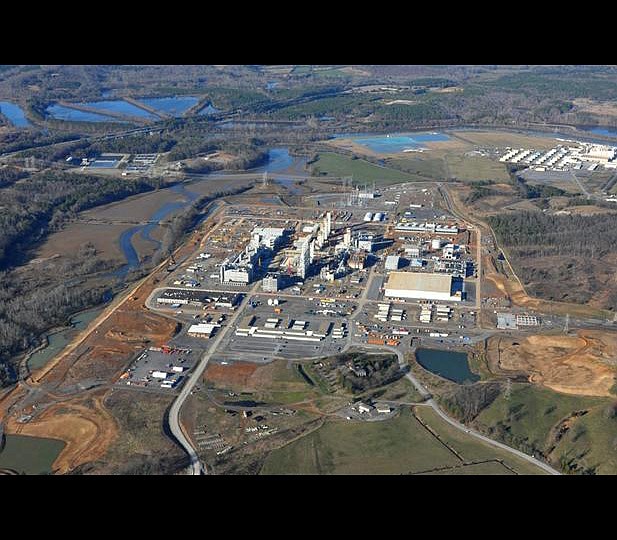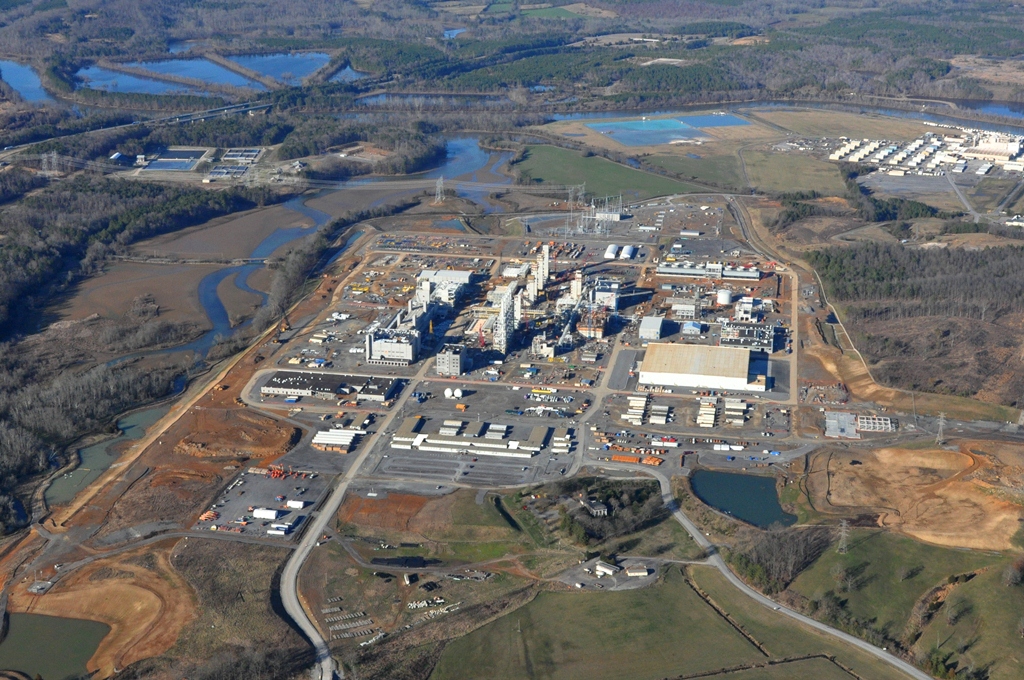Bradley County's chief economic developer Thursday cited Wacker's long-term view of the solar market in the U.S. for the company's plan to ratchet up investment in its plant to $2 billion.
"It doesn't surprise me at all," said Doug Berry, the Cleveland/Bradley Chamber of Commerce's vice president for economic development. "North America is the area that presented the most opportunity for growth in the solar industry and their perspective is what the needs are 10, 20 years out and not today."
Wacker is plowing $200 million more into its plant that's under construction near Charleston, Tenn., up from $1.8 billion, which was already a record for a manufacturing investment in Southeast Tennessee.
The company is investing the extra money due to a previously announced delay in production startup to mid-2015.
Also, the German polysilicon maker said it's growing production capacity by at least 10 percent.
"It's moving forward," said Amanda Plecas, a spokeswoman for Wacker in Bradley, about the construction of the massive factory.
She said the company has hired 202 of the some 650 people it has pledged to bring on to run the plant. About 1,000 construction workers are on site building the facility off Lauderdale Memorial Highway, Plecas said.
Wacker said the site's total production capacity will grow to over 20,000 metric tons per year. Wacker is using the additional time to optimize production facilities and improve manufacturing processes so that yields are higher, the company said.
The move comes as a recently completed polysilicon plant flounders near Clarksville, Tenn.
Last month, a key competitor, Hemlock Semiconductor, laid off three-fourths of its employees in Clarksville shortly before the planned start of production at its new $1.2 billion polysilicon plant. Officials of the Michigan-based company said they will cut 300 of the 400 jobs in Clarksville and weren't sure if there would be any production this year.
The layoffs may become permanent if poor market conditions persist, the Hemlock, Michigan-based company said.
Late last year, Wacker delayed the plant's startup 18 months because of too much production capacity for polysilicon in the marketplace.
Berry said the difference in the Wacker and Hemlock outlooks may have to do with contrasts in American and German companies.
"My sense it's a fundamental difference in the German and American business perspective," he said.
U.S. companies tend to have a more short-term view while the German business model has a longer horizon, Berry said.
Polysilicon is a key ingredient in the production of solar panels.

